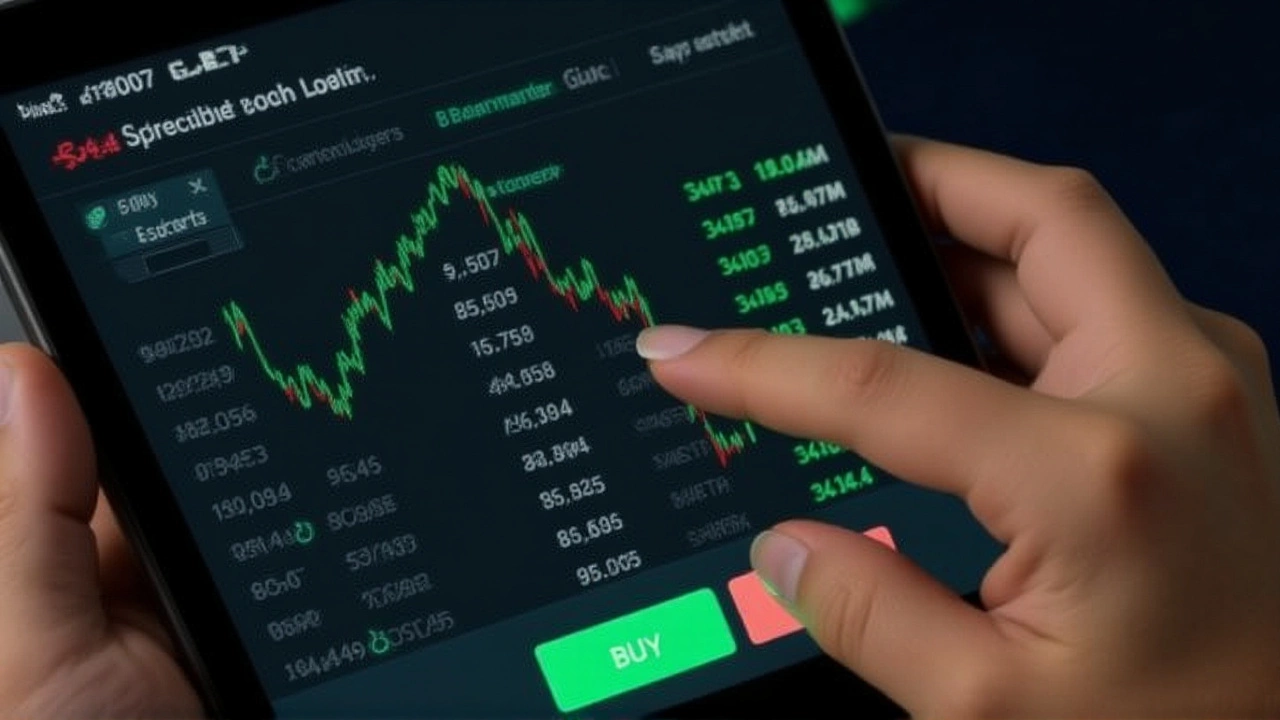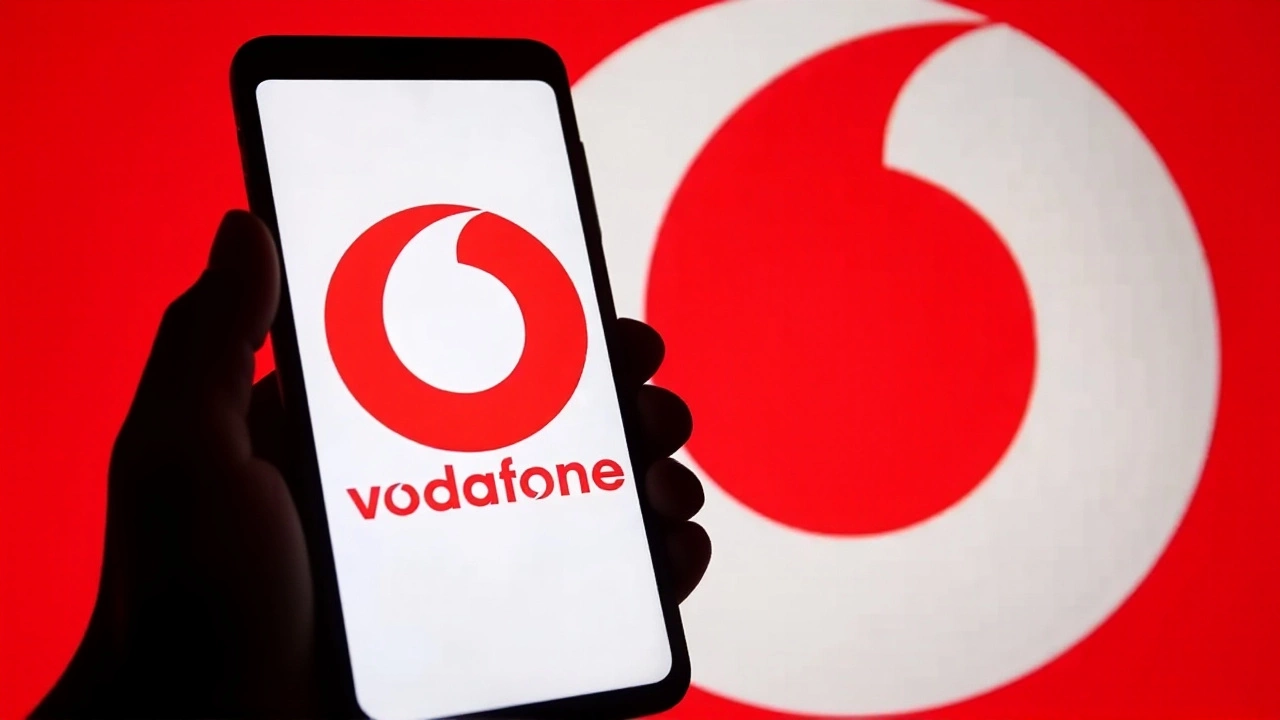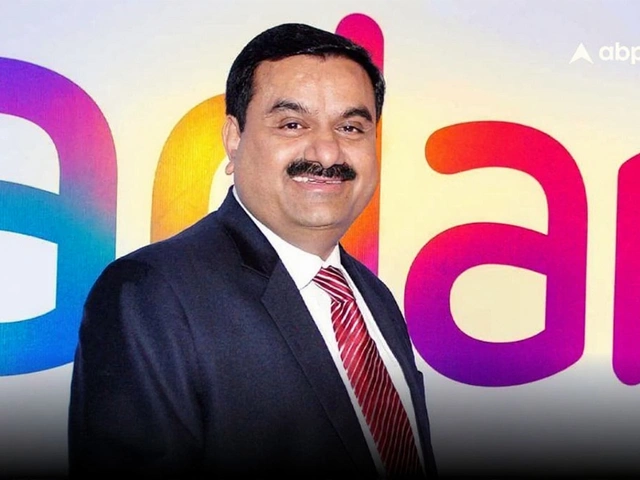When Vodafone Group Plc sold the last 3% of its holding in Indus Towers Limited on 4 December 2024, it didn’t just close a chapter – it redirected more than $225 million into its struggling Indian handset arm, Vodafone Idea Limited. The move caps a two‑year unwind that began when Vodafone trimmed a 28% stake to under a quarter of the tower firm, and it signals a sharper focus on the carrier’s own network challenges.
The 79.2 million shares, worth roughly INR 28 billion ($330 million), were off‑loaded through an accelerated book‑build offering in December 2024. Of that sum, $105 million went straight to repaying loans secured against Vodafone’s Indian assets, while the balance bolstered Vodafone Idea’s equity, lifting its ownership from 22.56% to 24.39%.
Background: Vodafone’s gradual exit from Indus Towers
Indus Towers, founded in 2007 as a joint venture among Bharti Infratel, Vodafone Essar and Idea Cellular, now runs about 220,000 towers across the subcontinent. By 2022 Vodafone Group still owned roughly 28% of the tower co‑owner, but mounting debt at its Indian mobile unit forced a strategic rethink.
In 2023 the stake slipped to 21.5%, and a big splash came in June 2024 when Vodafone sold an 18% block for $1.78 billion to a consortium that included SBI Mutual Fund, Kotak Securities and, surprisingly, rival operator Bharti Airtel. That deal nudged Airtel’s share to 49%, instantly making it the largest shareholder.
Private‑equity players KKR and the Canada Pension Plan Investment Board exited in early 2025, clearing the way for Vodafone’s final step.
Details of the December 2024 divestment
The December transaction was executed under an accelerated book‑build offeringMumbai. Investors snapped up the remaining shares at a price that reflected market optimism about the tower business’s cash‑flow stability.
Breaking down the numbers:
- INR 28 billion total proceeds
- $105 million earmarked for debt repayment tied to Vodafone’s Indian footprint
- $225 million injected into Vodafone Idea, raising its stake by 1.83 percentage points
- Post‑sale, Vodafone Group holds 0% of Indus Towers
Those funds are slated for two main goals: shoring up Vodafone Idea’s balance sheet and financing a rollout of 4G upgrades that will undergird a planned 5G expansion.
Who gains? Bharti Airtel and Vodafone Idea
Bharti Airtel now enjoys a near‑majority position in Indus Towers, giving it greater control over tower leasing rates and strategic placement of its own antennae. Industry analysts say this could translate into modest cost savings for Airtel’s massive mobile subscriber base, currently over 460 million users.
For Vodafone Idea, the capital infusion is a lifeline. The carrier, with roughly 180 million customers as of Q3 2024, has been wrestling with high debt (over $10 billion) and a competitive squeeze from Reliance Jio and Airtel, both of which already run nationwide 5G networks.
In September 2024 Vi signed a three‑year, $3.6 billion equipment contract with Nokia, Ericsson and Samsung. The fresh cash will help meet the upfront payments required under those deals and accelerate the rollout of 5G in high‑value urban circles.

Implications for India’s tower market
Indus Towers’ ownership reshuffle could tighten the market’s competitive dynamics. With Airtel holding 49%, the firm may push for pricing that favours its own services, potentially prompting rival operators to seek alternative tower partners or even invest in their own infrastructure.
Regulators have signalled that they will keep a close watch on tower‑leasing practices to ensure a level playing field. Any perceived preferential treatment could trigger new guidelines on shared‑infrastructure pricing.
What this means for Vodafone’s global strategy
Vodafone Group is in the midst of a massive portfolio clean‑up. Earlier in 2025 it sold its Spanish arm to Zegona Communications for $5 billion, and it has announced an $8.7 billion deal to hand over its Italian unit to Swisscom. The Indian tower exit fits that pattern: shedding non‑core assets to free cash for debt reduction and to double‑down on markets where the group still sees upside.
Analysts at Bloomberg note that the cumulative cash from the Indus Towers and Spanish divestitures alone tops $10 billion, a figure that could materially improve Vodafone’s credit metrics and restore investor confidence.

Key facts
- Final stake sold: 3% (79.2 million shares) for INR 28 billion
- Debt repayment: $105 million
- Equity boost to Vodafone Idea: $225 million (stake now 24.39%)
- Bharti Airtel’s holding in Indus Towers: 49%
- Indus Towers operates ~220,000 towers across India
Frequently Asked Questions
Why did Vodafone decide to sell its remaining stake in Indus Towers?
Vodafone needed to free up cash to tackle mounting debt and to fund a capital‑intensive 5G rollout for its Indian mobile subsidiary. Exiting Indus Towers eliminated a non‑core asset and generated $330 million, part of which directly supports Vodafone Idea’s network upgrades.
How will the $225 million injection affect Vodafone Idea’s 5G plans?
The money is earmarked for upfront payments on a $3.6 billion equipment deal with Nokia, Ericsson and Samsung, speeding up 5G deployment in key metros. Faster rollout should help Vi keep pace with rivals Reliance Jio and Airtel, which already offer nationwide 5G.
What does Bharti Airtel’s 49% stake in Indus Towers mean for competitors?
Airtel’s near‑majority position could give it leverage over tower‑leasing rates, potentially lowering its own operating costs. Regulators, however, are expected to monitor pricing to prevent anti‑competitive behaviour, and rivals may look for alternative tower partners or invest in their own infrastructure.
How does this divestment fit into Vodafone’s broader portfolio strategy?
The sale follows Vodafone’s recent exit from Spain and its pending exit from Italy, part of a multi‑billion‑dollar effort to streamline operations, reduce leverage, and focus on markets where it retains a strategic advantage, notably its UK and German businesses.
What are the prospects for India’s tower‑sharing market after this transaction?
With Airtel’s dominant stake, the market may see a consolidation trend, but rising data demand could also spur new entrants. The regulator’s forthcoming guidelines on tower‑sharing fees will likely shape the competitive landscape for the next few years.



